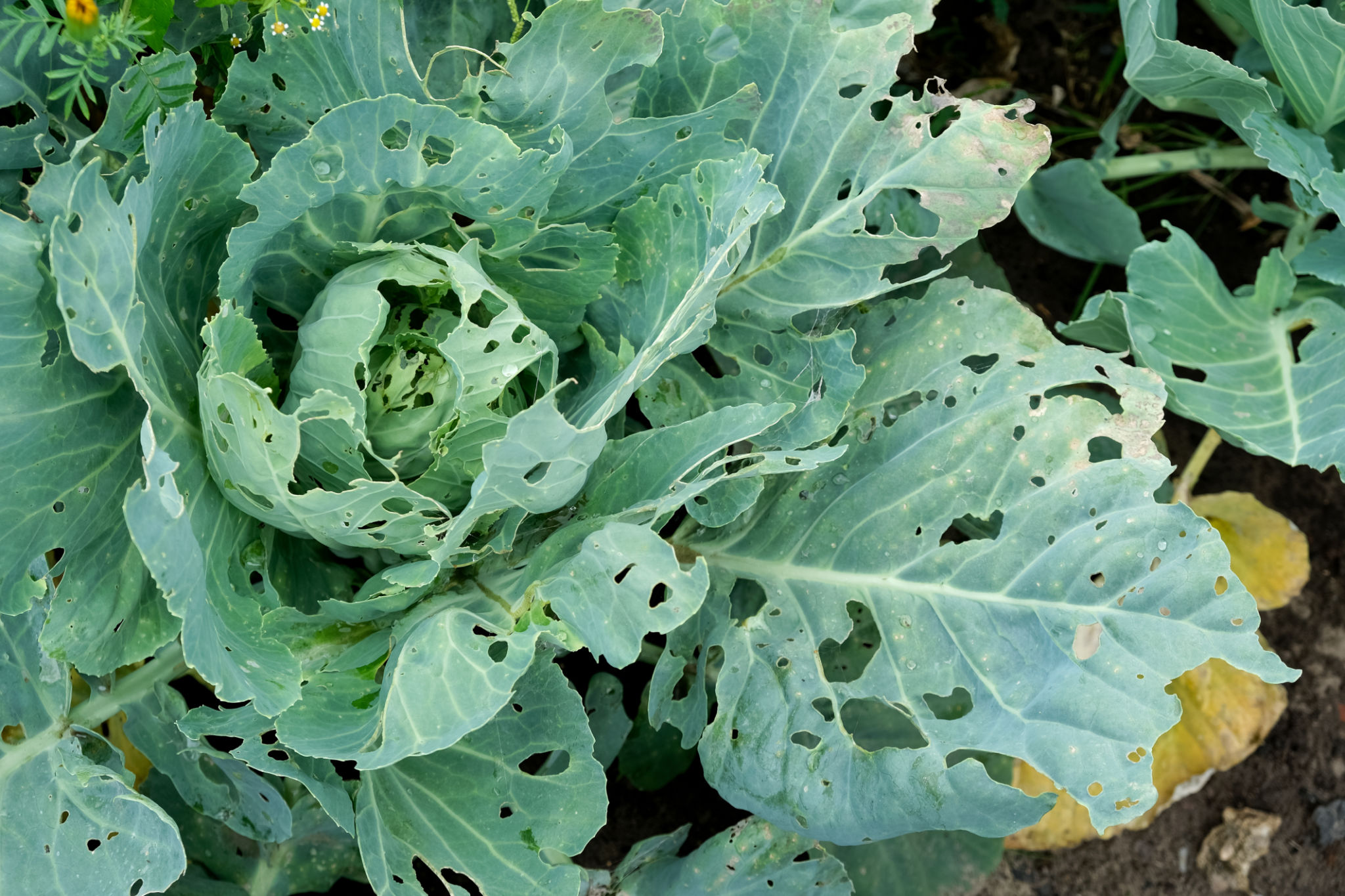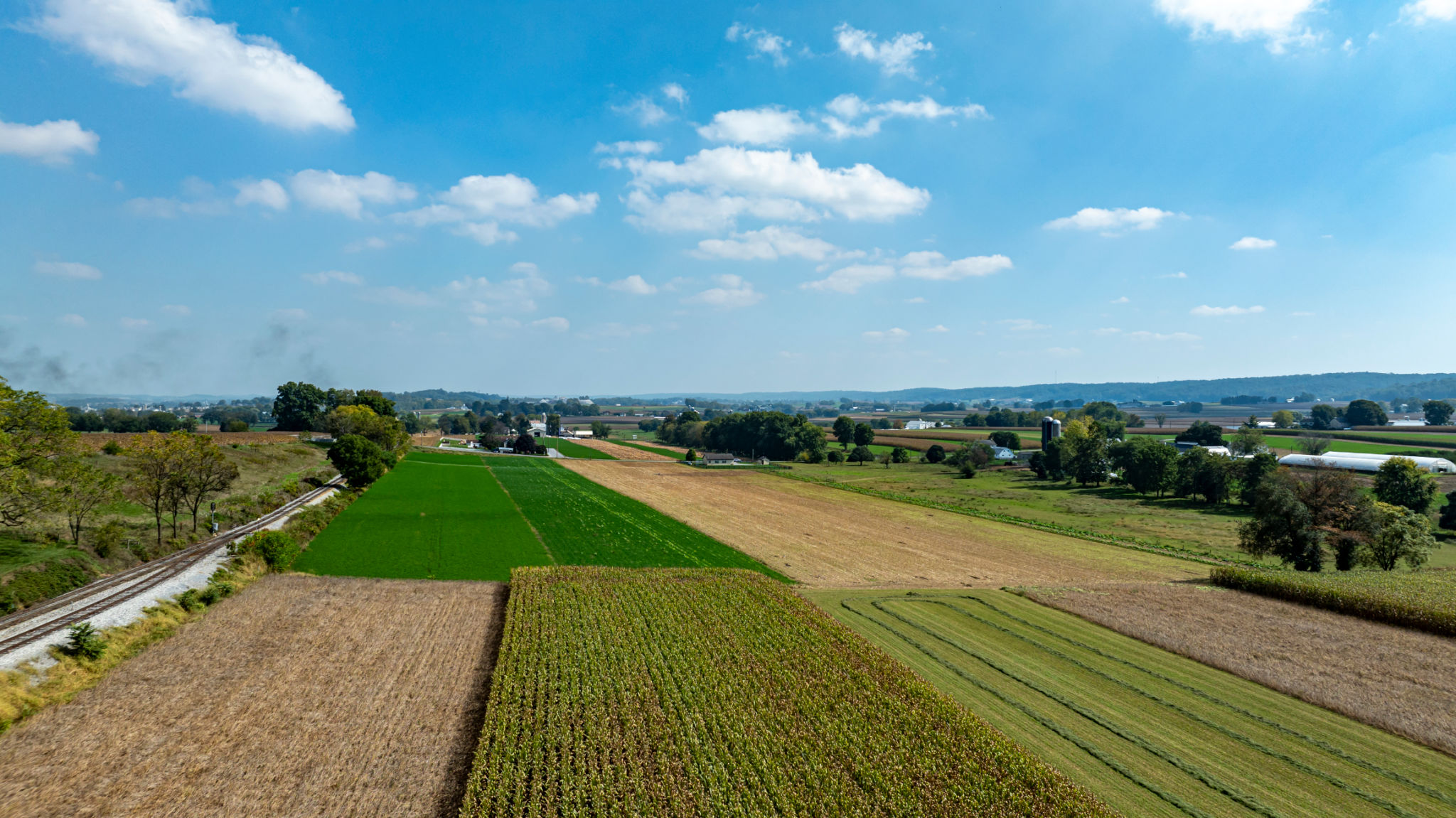Expert Insights: Solving Common Gardening Challenges with Horticultural Science
Understanding Soil Composition and Improvement
One of the most common challenges gardeners face is dealing with poor soil quality. Whether it's sandy, clay-heavy, or lacking in nutrients, understanding your soil's composition is crucial for nurturing healthy plants. A soil test can reveal essential information about pH levels and nutrient deficiencies.
To improve your soil, consider incorporating organic matter such as compost or well-rotted manure. This not only enhances soil structure but also boosts nutrient content. Additionally, using cover crops or green manures can prevent erosion and replenish soil fertility.

Managing Pests and Diseases with Horticultural Science
Garden pests and diseases can significantly impact plant health and yield. Integrated Pest Management (IPM) is a science-driven approach that combines biological, cultural, and chemical tools to manage pests effectively. By understanding pest life cycles and natural predators, gardeners can reduce reliance on chemical pesticides.
For instance, introducing beneficial insects like ladybugs or lacewings can naturally control aphid populations. Regularly inspecting plants for signs of disease and maintaining proper spacing can also minimize outbreaks. Applying fungicides or insecticides should be a last resort, used judiciously and according to expert recommendations.

Water Management: Techniques for Optimal Growth
Watering practices can make or break a garden. Overwatering or underwatering can lead to plant stress, reduced yields, and increased susceptibility to diseases. Drip irrigation systems offer an efficient solution, delivering water directly to plant roots while minimizing evaporation.
Mulching is another effective strategy to retain soil moisture and regulate temperature. Organic mulches like straw or wood chips also decompose over time, enriching the soil. Timing is crucial; watering early in the morning reduces water loss and fungal growth.

Navigating Climate Challenges
With changing weather patterns, gardeners must adapt to unpredictable climates. Horticultural science offers insights into selecting resilient plant varieties that can withstand local climate conditions. Drought-resistant plants, for example, are ideal for areas prone to dry spells.
Additionally, creating microclimates through strategic plant placement and using shade cloths or windbreaks can protect vulnerable plants from harsh conditions. Monitoring weather forecasts and adjusting gardening practices accordingly helps mitigate climate impacts on your garden.
Maximizing Yield with Crop Rotation and Companion Planting
Crop rotation is a time-tested technique to enhance soil health and maximize yield. By rotating crops with different nutrient requirements, gardeners can prevent soil depletion and reduce disease buildup. Planting legumes after heavy feeders like tomatoes can naturally replenish nitrogen levels.
Companion planting involves growing certain plants together to benefit each other. For example, planting basil near tomatoes can enhance flavor and deter pests. This synergy between plants can lead to healthier gardens and increased productivity.

Conclusion: Embracing Horticultural Science
Horticultural science provides invaluable insights into solving common gardening challenges. By understanding soil composition, managing pests effectively, optimizing water use, adapting to climate changes, and employing strategic planting techniques, gardeners can create thriving landscapes.
Embracing these expert insights not only improves garden health but also enhances sustainability and productivity. Whether you're a seasoned gardener or just starting out, integrating scientific approaches into your gardening routine will yield rewarding results.
